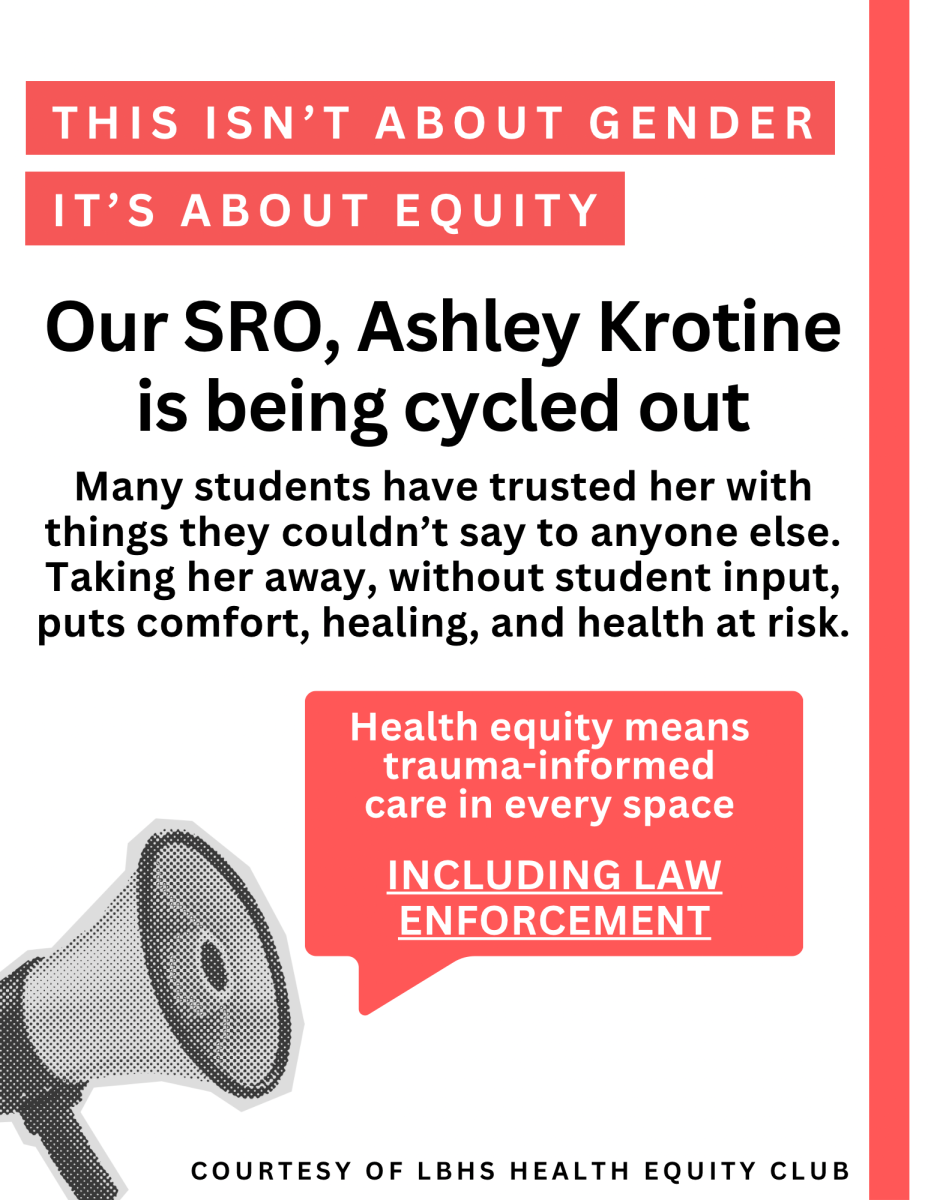Hawaii, with its breathtaking scenery, spirited culture, and inviting local people, has long been a dream destination for travelers worldwide. However, underneath the surface of its charming picture lies a complex reality of the detrimental impacts of tourism on the island’s environment, economy, and nearby communities.
The surge in tourism has driven to uncontrolled development of hotels, resorts, and construction, damaging the natural environment. The rise of tourism strains Hawaii’s limited natural resources like water, waste management, and energy. Activities such as climbing, snorkeling, and wildlife experiences disturb Hawaii’s delicate environment, undermining local species and fragile habitats.
The commercialization of Hawaiian traditions for travelers’ amusement dilutes the authenticity of the indigenous practices. As tourism rules the economy, conventional businesses and employment, such as farming and fishing, decrease, dissolving the social fabric of neighborhood communities. The rising living costs and gentrification driven by tourism force local Hawaiians out of their genealogical lands, causing the misfortune of social legacy and cohesion.
Despite the tourism boom, numerous local people are caught in low-paying occupations with small work security or prospects for upward mobility, broadening pay disparity. Hawaii’s overwhelming dependence on tourism makes its economy helpless to outside disasters, such as natural catastrophes or worldwide emergencies, threatening jobs and lives. Much of the tourism income streams to multinational organizations and exterior financial specialists instead of remaining inside the neighborhood economy. This results in the perpetuation of economic inequality.
According to a study by the Hawaii Tourism Specialist Authority, tourism directly and indirectly contributes to around 21% of the state’s GDP. The number of guest entries to Hawaii reached a record high of over 10 million in 2019, putting colossal weight on the islands’ framework and environment. Another study done by the College of Hawaii found that over 60% of inhabitants accept that tourism has contrarily affected their quality of life.
Whereas tourism in Hawaii contributes substantially to its economy and social trade, its unchecked development poses critical challenges to the islands’ environment, culture, and economy. These issues require a holistic approach that puts the Hawaiian habitat and economy first. With engagement and action from citizens, Hawaii can guarantee a future where tourism benefits both guests and locals, where all can enjoy its breathtaking scenes and spirited culture.









